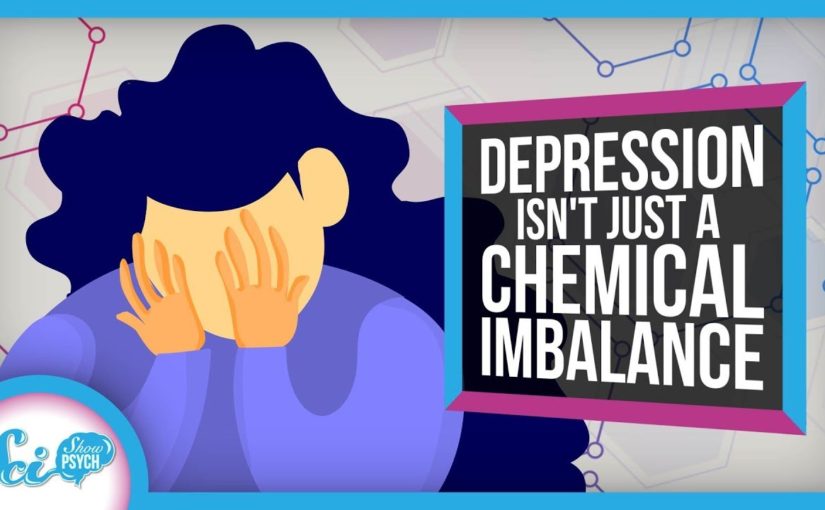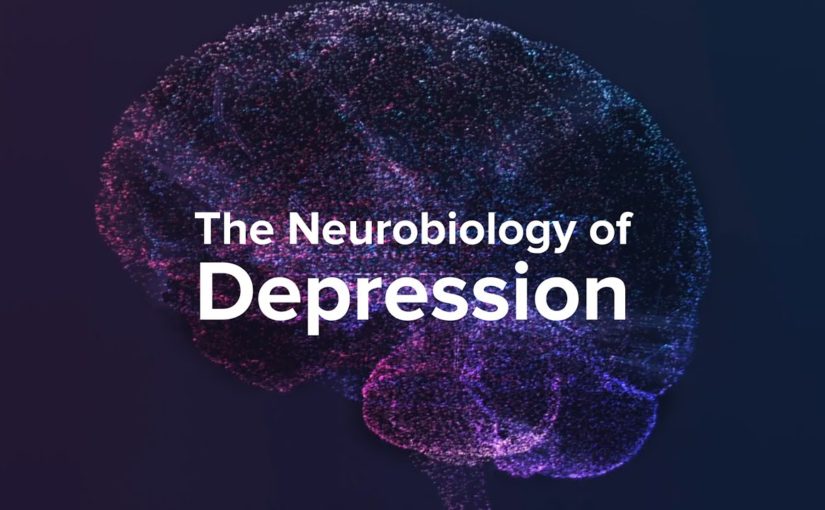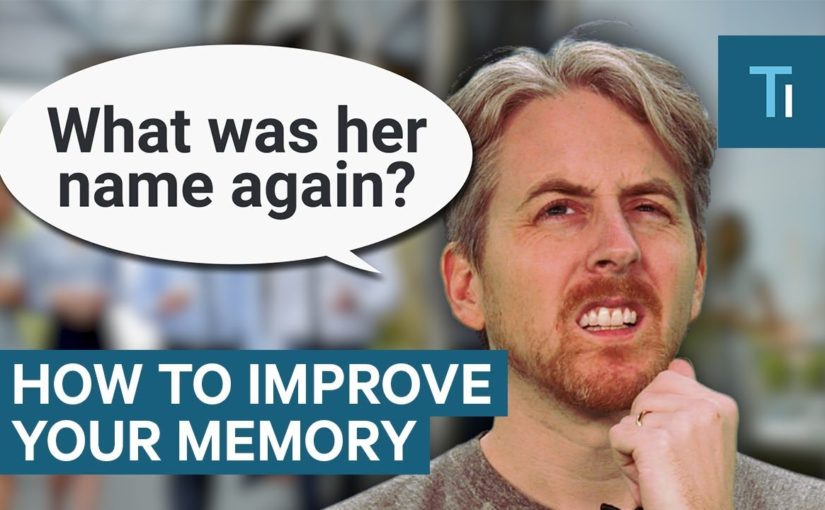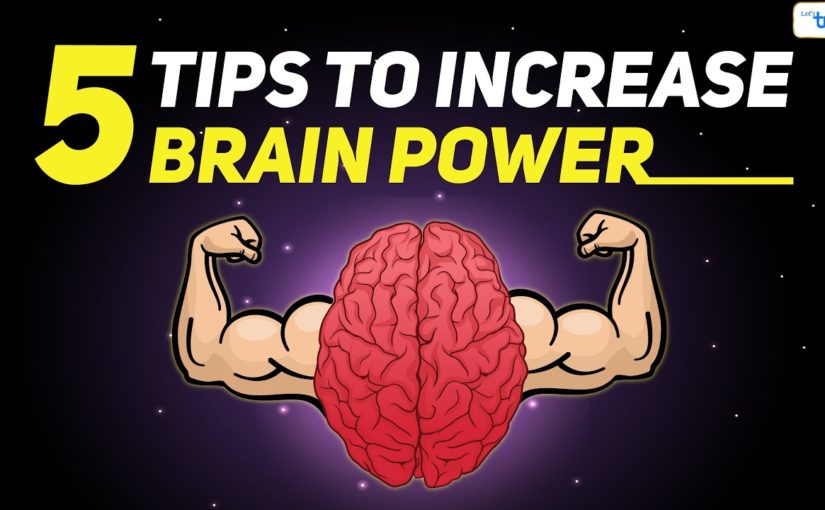https://www.youtube.com/watch?v=GAC9ODvSxh0
[ ♪INTRO ] Chances are that you or someone you care about has experienced depression.
00:00:06 It’s one of the most common mental health problems in the US.
00:00:10 Around 16% of American adults will suffer from depression at some point in their life. Given how much we talk about and treat depression, it might seem like we’ve got it figured out, from a scientific perspective.
00:00:21 But we do not understand as much about it as you might think.
00:00:25 Especially what’s actually going on in your brain when you’re depressed.
00:00:29 Doctors have defined depression, or at least agreed on a set of criteria to diagnose it. The Diagnostic and Statistical Manual for Mental Disorders, also known as the DSM, is the handbook healthcare professionals use to diagnose mental disorders.
00:00:43 And the latest edition of the DSM lays out two key symptoms of depression. The first is feeling sad or depressed.
00:00:50 But many depression sufferers experience this more as a lack of feeling, or numbness, rather than sadness. The second is a loss of interest or pleasure in activities that are normally enjoyable.
00:01:01 You have to have at least one of these key symptoms, as well as 3-4 additional symptoms consistently, to be diagnosed with depression.
00:01:09 Additional symptoms can include unpleasant things like: feeling worthless, difficulty sleeping or sleeping too much, difficulty concentrating and making decisions, or suicidal thoughts. Not all of your symptoms need to be severe, but as a group they can make it harder for you to function at work or school, in your relationships, or just in life.
00:01:28 We know that depression isn’t simply a bad mood that you can snap out of — something is not functioning correctly in your brain. The question is what? One widespread impression among the public is that depression is caused by having too little serotonin. But that’s an oversimplification at best.
00:01:47 Serotonin is a neurotransmitter — a chemical that neurons use to signal each other.
00:01:51 When a neuron signals its neighbor, it releases a neurotransmitter, like serotonin, into the synapse — the space between itself and its neighbor.
00:02:00 The serotonin molecules diffuse across the synapse and bind to their receptors on the neighboring neuron, transmitting the signal.
00:02:07 Then the signalling neuron reabsorbs — or re-uptakes — its serotonin.
00:02:12 Some of the most commonly used medications for depression are selective serotonin reuptake inhibitors, or SSRIs.
00:02:19 SSRIs reduce the reuptake of serotonin, which increases the amount of serotonin hanging around synapses. But how these medications work and sometimes don’t work show that a lack of serotonin isn’t the only thing happening in the depressive brain.
00:02:36 If that were true, you’d expect that SSRI medications to work pretty quickly, and to work for everyone with depression — but they don’t.
00:02:43 Even though serotonin concentrations may go up right away when you take an SSRI, it can still take weeks for people to start feeling better.
00:02:51 That is, if they even start feeling better at all. SSRIs simply don’t work for all patients.
00:02:57 Research has identified a few other potential factors that could help us better treat depression. First off, serotonin isn’t the only neurotransmitter that plays a role.
00:03:07 Research has shown that at least 5 other neurotransmitters could be involved, all of which serve many different functions in the brain and elsewhere in the body — it’s complicated! And the structure of our brains matters too — not just the chemicals inside them.
00:03:21 Certain regions of the brain, and the connections between them, have been shown to be altered in depression. The amygdala, which helps us process emotions, and the hippocampus, which has a role in memory storage, are among the brain regions that undergo structural changes in some patients with depression. Changes like having a different size compared to people without depression, though we’re not sure what that means exactly yet.
00:03:45 And rather than merely changing the levels of certain neurotransmitters, studies have shown that antidepressants can actually help new neurons grow in certain parts of the brain. Which may be one reason why SSRI medications typically take so long to work.
00:04:00 Your brain could be growing new neurons, not just responding to a short-term change in chemical messengers. There’s likely a genetic component to depression as well.
00:04:10 There is some evidence that depression can run in families, though the association isn’t particularly strong.
00:04:15 A 2018 genome-wide study sampled a huge pool of genes in people with and without depression. It found 44 variants that seem to be associated with depression.
00:04:26 These so-called “genes of interest” included genes previously shown to have a role in the growth of neurons — as well as some surprises, like genes previously shown to be involved in immune system function.
00:04:37 But it’s unlikely that a particular gene or genes cause depression on their own. More likely, it could be the result of how your personal set of genes interacts with your environment and your experiences.
00:04:50 Some studies have found that variants in certain genes can interact with major stressful events in childhood to affect the rate of depression in adults.
00:04:57 But not all studies find such strong links between our genes and our environment. It’s still an active area of study.
00:05:04 So depression is hard to figure out.
00:05:06 There are so many factors involved, and they all interact with each other — from genetics and environment, to the chemistry and structure of the brain.
00:05:14 The good news is that even though we don’t entirely understand how depression works, we still have ways to treat it that help lots of people.
00:05:21 You don’t have to know exactly how an existing medication or treatment works to know that it does work — that patients may respond to it and feel better.
00:05:30 Meanwhile, scientists are still working to tease out the many, intertwined causes of depression to develop new treatments. So there’s hope on the horizon. Even when you can’t see it.
00:05:40 Thanks for watching this episode of SciShow Psych, which was supported by our community of patrons. To learn more, check out patreon.com/scishow.
00:05:48 [ ♪OUTRO ]
![The Grass Roots – I’d Wait A Million Years – [STEREO]](https://effectsofanxiety.net/wp-content/uploads/2024/07/sddefault-3.jpg)

![Avant-Garde – Fly With Me – [Hi-Fi]](https://effectsofanxiety.net/wp-content/uploads/2024/07/hqdefault-6.jpg)






